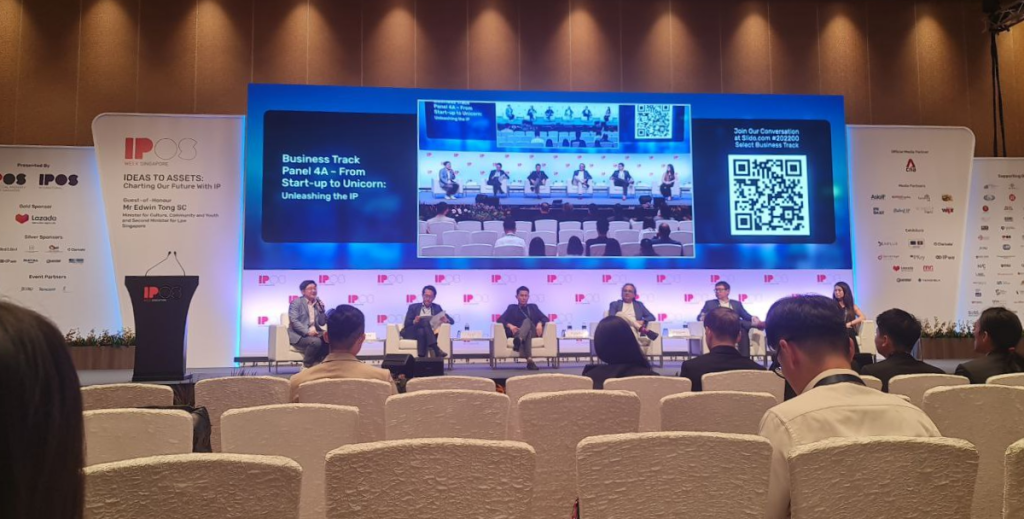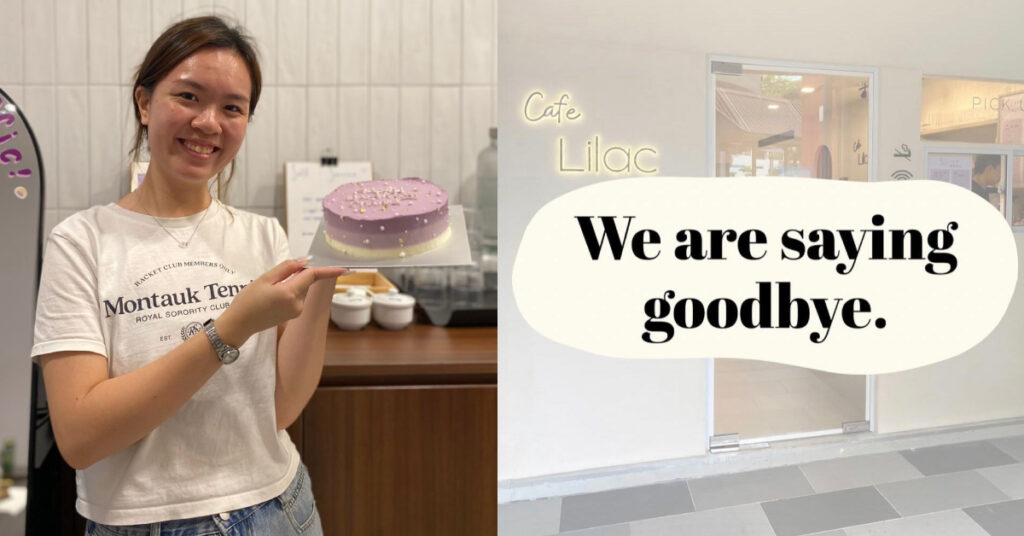In recent years, the startup scene in Singapore has grown significantly, spanning various industries.
Among all the goals, prizes and accolades that startups can get, one title stands the most coveted: the unicorn status.
Unicorns refer to startups that manage to achieve a valuation of over US$1 billion and much like the mythical creature, these companies are rare.
At the IP Week held on Wednesday (September 7), which is organised by the Intellectual Property Office of Singapore (IPOS), there was a particular panel discussion — consisting of venture capitalists and business executives — that discussed how startups can harness the benefits of intellectual property (IP).
No IP, no business
Businesses, especially startups, are built on what IP they have. A particular point that panellists agreed on was that a business’ IP is of critical importance.
Lim Jui, CEO of SG Innovate, stressed that because having IP means being provided with a monopoly in a certain sphere, startups need to have IP of their own.

In fact, IP is so important that Clarence Tan, founder of venture capital firm Origgin, evaluates the strength of a startup by considering several criteria, and three of them are related to IP.
He considers if the startup has a well-managed IP portfolio, whether the research team is credible enough to produce further IPs, and whether the IP that the startup has can help the company get off the ground.

That being said, Shailesh Naik, CEO and founder of MatchMove, acknowledged that while IP was something that VCs and other investors ascribe importance to, “encouraging the same in startups is difficult”. Oftentimes, he has to incentivise and offer rewards to founders to get them to patent their technology.
Naik also noted that registering an IP goes beyond proving to investors that the company is worth investing in, and he further argues that while the benefit of registering an IP is not immediately evident, early registration can prove to be a defensive resource for companies as they expand.
Referring to startups that he has mentored, Naik recalled that “we are already starting to see companies, for example from Turkey and Brazil, challenge or accuse us of violating their IP. Fortunately, because we were ahead of the game, we were able to resolve the situation before it became a crisis.”
As such, he strongly urged founders that they should “pay attention to IP if your startup is in Singapore, and know that you are very, very fortunate, since we have a jurisdiction that is clear and fair that fights for our startups”
IP can be an engine for growth and protecting that growth

At the same time, IP can help to function as an important engine of growth. Jesley Chua, Chief Financial Officer of Group ONE Holdings — the parent company of ONE Championship — credits the company’s IP as a significant engine of growth for the company.
When you watch an event, you know that it’s an event by ONE Group. That brand recognition helps us become legitimate. ONE Championship, for example, why would people care about it? It’s because we keep bringing in stronger fighters, and these fighters join because they recognise the brand and its legitimacy.
And when you think of revenue lines, a lot of that is in sponsorships. Having a brand that is recognisable will bring in these sponsorships, and helps the company’s bottom line as well.
– Jesley Chua, CFO of Group ONE Holdings

Lazada’s Chief Risk Officer, Alan Chan, also explains that Lazada has a similar take on IP and IP protection. As an e-commerce platform, Lazada has made creative use of IP and IP protection in order to grow their own business.
IP is a topic close to our heart, and it affects sellers on Lazada’s platform. Imagine being a seller, and realising that someone is stealing your designs.
Lazada as an e-commerce, is not just about selling. It’s also about helping sellers protect their rights, and ensuring that there are proper channels to ensure that seller’s IP are protected as well.
– Alan Chan, CRO of Lazada and CEO of Lazada Malaysia
This protection has allowed Lazada to assure sellers that their rights are protected, and in turn, grow their platform by attracting more sellers. Alan credits this approach to Lazada’s success, and encourages other companies not to underestimate their IP.
What can the government do to help startups?
While the panellists appreciated the support that the government has provided in IP protection in Singapore, they also provided suggestions for possible improvements in response to certain deficiencies that they noticed.
Lim Jui noted that while there was a healthy ecosystem for funding in Singapore, there could still be some areas that are underserved, especially in sectors where there are long lead times. Clarence agreed, noting that on the funding side, she’s not sure that “more funding will necessarily create more results.”
Instead, Clarence suggested the creation of sandboxes for startups to experiment in and test their ideas.
She also noted that while regulators have been pumping in money to simulate funding for startups, this often comes with strings attached in terms of how the funding can be used such as offsetting salaries, legal fees, and more.
On this, the panellists expressed hope that more support can be shown for these startups to register their IP, and suggested that offsetting IP registration fees can be one of those areas where startups should be able to use government funding. This would be especially helpful for startups that usually do not have have excess amounts of cashflow.
Clarence also observed that in Singapore, markets are too small for startups to grow into unicorns, and as such, additional support is needed. Yet, there is red tape when it comes to foreign expansion, such as requirements that startups still primarily be locally owned.
These restrictions, according to Clarence, hamstring startups when it comes to overseas expansion, and he hopes that more support can be shown for these companies who hope to expand overseas.
Tech-wise, Singapore has an advantage. But startups must tap on markets outside of Singapore, so policy must be friendly to those who want to expand overseas.
– Clarence Tan, founder of Origgin
Singapore’s startup scene is maturing, and its limitations are becoming clear. But as of yet, the panellists do not seem to believe that these limitations are insurmountable. In fact, many of them seem to believe that these limitations can be addressed and overcome.
In the meantime, the panellists seem optimistic about the future growth of startups in Singapore, fuelled by strong IP generation by research in Singapore.
Featured Image Credit: Vulcan Post










